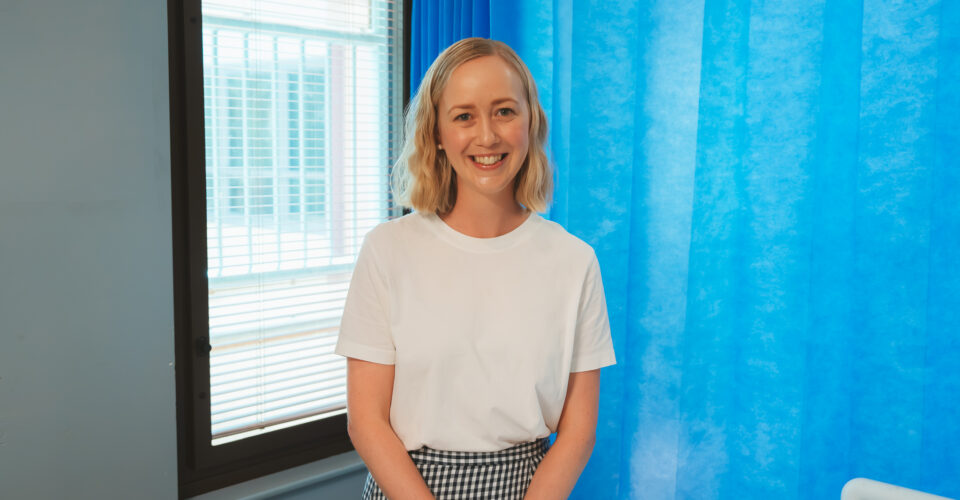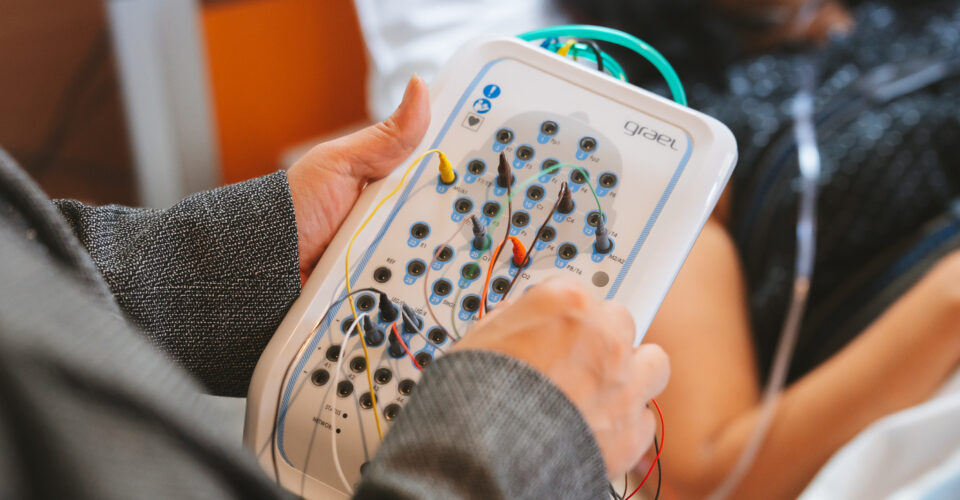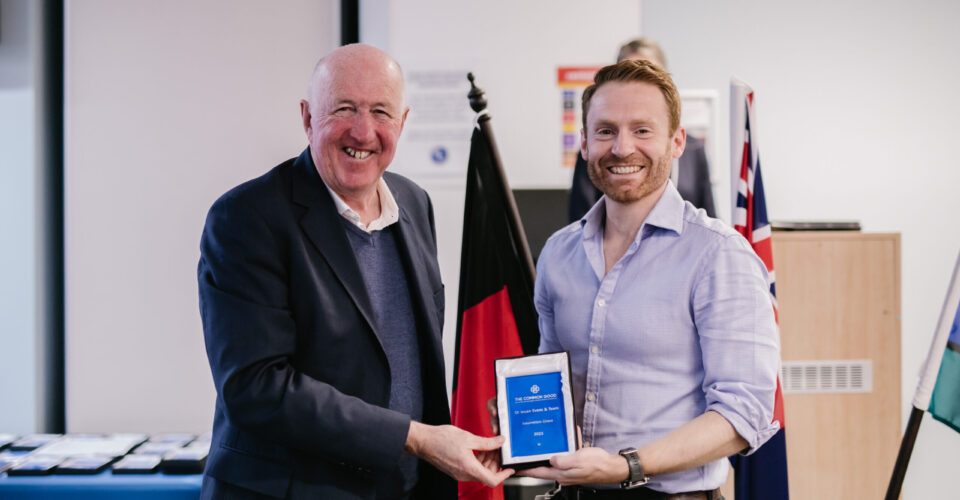Food, water and shelter: these are the basic needs we often think about when it comes to survival. But we don’t often dwell on how important communication is… until we no longer have the ability to do so.
Research has shown that the inability to talk can lead to depression, social withdrawal, and decreased self-care to name a few instances. This is a common issue that occurs in intensive care units (or ICUs) all over the world. Patients that require a tracheostomy (a procedure that involves inserting a tube through the windpipe to create an alternative airway for breathing) lose the ability to speak, as oxygen isn’t make its way past their vocal chords. This is where the speaking valve comes in.
When Anna-Liisa Sutt first started working in the ICU at The Prince Charles Hospital, one thing was glaringly obvious: many tracheostomy patients were frustrated from not being able to speak. However the speaking valve gives them their voice back.
This small piece of plastic is used alongside the tracheostomy tube, redirecting exhaled air to the vocal cords and giving patients the ability to talk again. It’s an inexpensive piece of equipment that has an extremely invaluable outcome for patients, their families and their healthcare teams.
Throughout the study, Anna-Liisa noticed an increase in the mood of her tracheostomy patients that were fitted with speaking valves. She additionally found that not only were speaking valves improving the mental health of her patients, but also helped in exercising their lungs and improving their lung health. Her study has also had such a positive response nationally and internationally, that Australia’s main manufacturer of speaking valves has had trouble keeping up with the demand!
Thanks to the work Anna-Liisa has done into this area of research, every tracheostomy patient at The Prince Charles Hospital is considered for a speaking valve.
Click here to read more about research into Hospital Care.
Support life-changing medical research by making a donation to The Common Good today.









